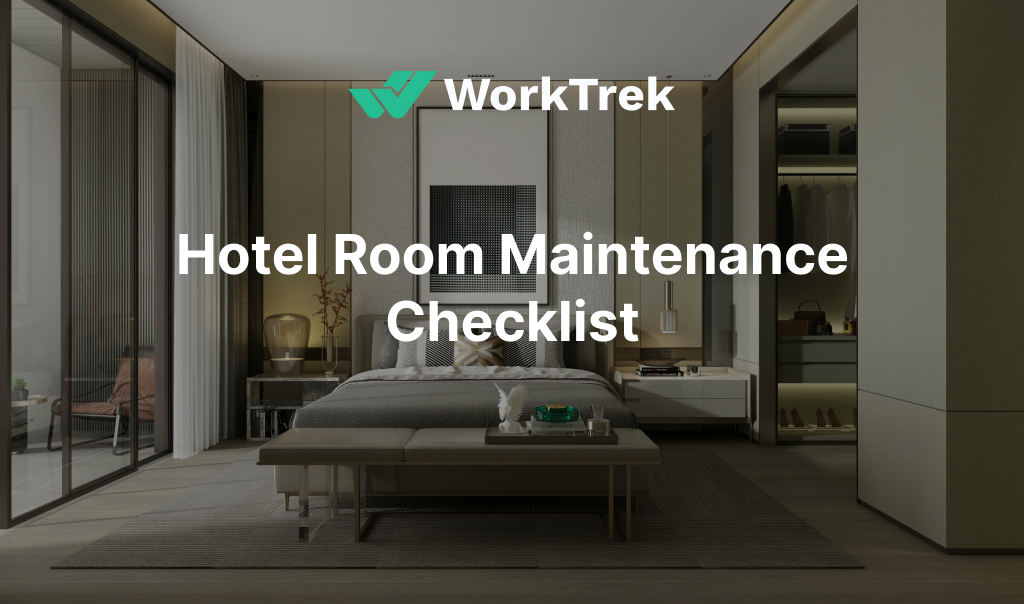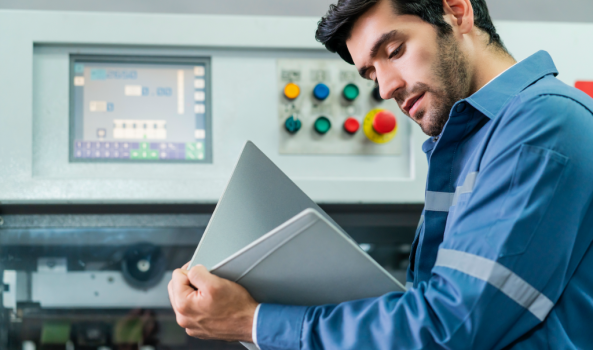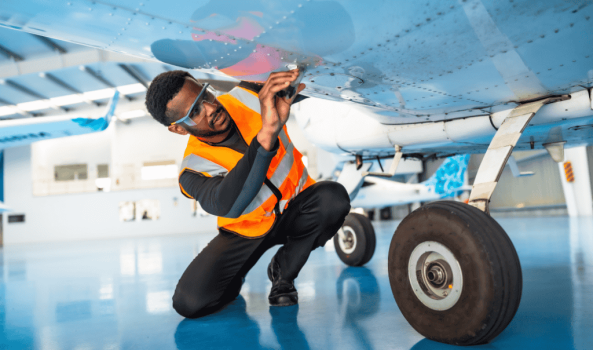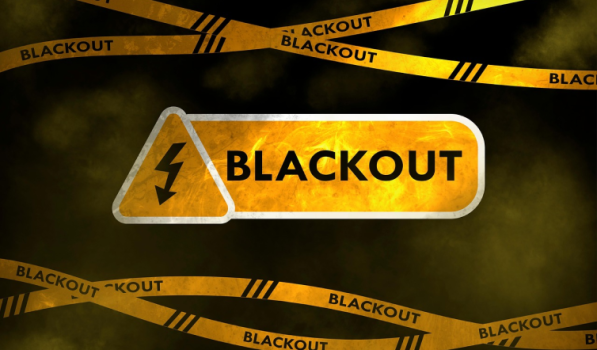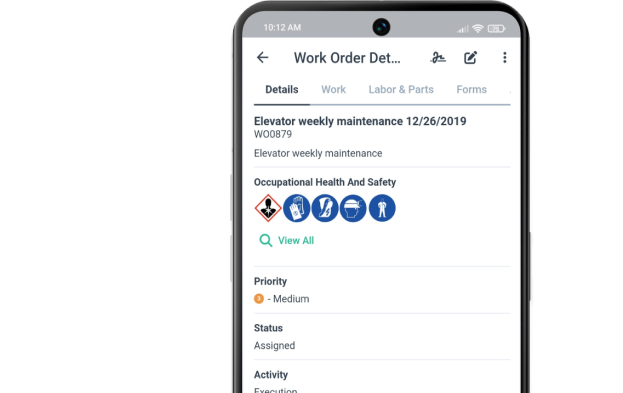Get a Free WorkTrek Demo
Let's show you how WorkTrek can help you optimize your maintenance operation.
Try for freeAre you managing a hotel and looking to maintain the condition of your rooms? Developing a maintenance checklist specifically designed for hotel rooms can help everyone stay on the same page and deliver a superior guest experience.
Due to the steady influx of guests, hotel maintenance is continuous. Every part of the facility, including individual guest rooms and common areas, will inevitably require attention.
A well-organized hotel maintenance checklist, defined and created by hotel management, is essential to manage this need efficiently and maintain optimal guest conditions.
What to include in the checklist?
Integrating every aspect of guest accommodations and communal areas into this detailed inspection checklist can significantly enhance visitor satisfaction. This approach enables the early identification and resolution of potential issues, ensuring guests enjoy their stay without significant inconveniences.
Implementing preventive maintenance programs, aided by tools like Computerized Maintenance Management Systems (CMMS), helps hotels preemptively address issues, reducing the likelihood of guest complaints and costly repairs.
Importance of Hotel Room Maintenance
Given the substantial traffic that hotels typically accommodate, they are prone to accelerated wear and tear. An extensive hotel maintenance checklist is essential to maintaining prime condition. Such routine maintenance preserves the visual appeal and prevents minor problems from blossoming into more expensive repairs.
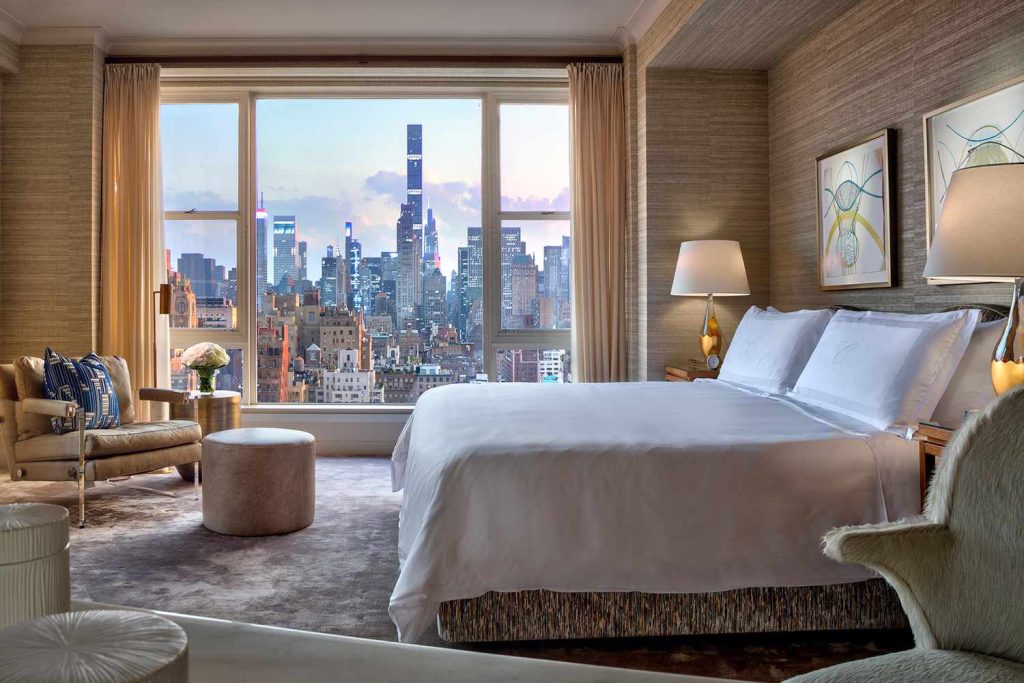
Source: Travel + Leisure
Preventive & Preventative Maintenance
An effective preventive or preventative maintenance strategy can significantly elevate guest satisfaction levels. When guests enter rooms and use facilities well cared for, it casts a favorable light on your establishment’s image. Ensuring all mechanical systems—from climate control to plumbing systems operate flawlessly diminishes the chances of guest grievances arising from malfunctions.
Hotel Maintenance Checklist
Employing a hotel preventative (or preventive) maintenance checklist explicitly designed for managing various hotel-related upkeep duties can optimize overall efficiency regarding these operations.
By setting up responsibilities and having regular check-ins, you can ensure that everything works across all your equipment and infrastructure so your visitors have a better experience at your venue.
Creating a Comprehensive Hotel Room Maintenance Checklist
A detailed preventive maintenance checklist is the cornerstone of an active preventative maintenance approach and can reduce reactive maintenance. Such a list is pivotal for averting equipment malfunctions and reducing unnecessary downtime. Consistent inspections and care cultivated from this process not only boost guest satisfaction but also help to cut down on running costs.
Maintenance tasks must be sorted according to their frequency to ensure systematic organization.
- Daily Maintenance
- Weekly Maintenance
- Monthly Maintenance
- Annual Maintenance
Annual hotel maintenance tasks involve a comprehensive review and overhaul of critical systems to ensure long-term operational efficiency and guest satisfaction. This includes extensive inspections and servicing of HVAC systems, plumbing, and electrical networks to identify and rectify potential issues before they escalate.
Hotels must also thoroughly examine structural elements such as roofing, windows, and exterior walls to prevent weather-related damage. Fire safety equipment, including sprinkler systems and alarms, should be tested and certified to comply with safety regulations.
What to include on an inspection checklist?
An inclusive checklist will encompass various components and locations, such as:
- HVAC systems: Regularly inspect and maintain heating, ventilation, and air conditioning systems to ensure they operate efficiently and provide optimal comfort for guests. This includes checking filters, thermostats, and ductwork.
- Elevators: Conduct routine inspections and maintenance to ensure elevators function correctly and safely. This includes checking the mechanical and electrical components and ensuring proper lubrication and alignment.
- Plumbing: Regularly inspect systems to identify leaks, blockages, and other issues affecting guest comfort and safety. This includes checking faucets, toilets, showers, and drainage systems.
- Electrical systems: Conduct regular inspections and maintenance to ensure all electrical systems function correctly. This includes checking wiring, outlets, switches, and lighting fixtures.
- Kitchen Appliances: Regularly inspect and maintain kitchen appliances to ensure they function correctly and safely. This includes checking ovens, stoves, refrigerators, and dishwashers.
- Guest rooms: Conduct regular inspections to ensure they are clean, well-maintained, and free of any issues affecting guest comfort and safety. This includes checking furniture, fixtures, and amenities.
- Public spaces: Ensure all public spaces, such as lobbies, hallways, and restrooms, are clean, well-maintained, and free of any hazards affecting guest safety and comfort.
- Safety hazards: Regularly inspect the property for potential safety hazards, such as loose handrails, slippery floors, and exposed wiring. Address any issues promptly to ensure guest safety.
- Alternator and circuit breaker: Regularly inspect and maintain alternators and circuit breakers to ensure they function correctly and safely. This includes checking for signs of wear and tear and ensuring proper operation.
- Pool pump room and equipment: Regularly inspect and maintain pool equipment, including pumps, filters, and heaters, to ensure they function correctly and safely. This includes checking water quality and chemical levels.
- Industrial laundry equipment: Regularly inspect and maintain it to ensure it functions correctly and safely. This includes checking for signs of wear and tear and ensuring proper operation.
By categorizing responsibilities based on asset type and location, manpower can be effectively allocated to ensure that all operational areas receive adequate attention.
It is essential to continually review and update the maintenance checklist to ensure its effectiveness. Regularly adapting the list to meet the evolving needs of hospitality operations guarantees its ability to efficiently address new and emerging issues.
Daily Maintenance Tasks for Guest Rooms
Daily preventive maintenance tasks are critical for providing an optimal guest experience and addressing immediate operational needs. This includes regular examinations of light fixtures to confirm they are all in working order and promptly swapping out any non-functional bulbs. Adequate lighting augments a room’s aesthetic appeal and promotes guest safety.
Plumbing Systems
Conducting daily inspections of plumbing systems to detect issues like blockages or leaks before they become significant problems ensures guests’ comfort during their stay. Equally important is the routine scrutiny and necessary replacement of air filters within HVAC systems. This ensures that guests do not raise complaints about thermal comfort or air quality.
Room Cleanliness
Comprehensive daily cleaning practices ensure high cleanliness, meticulously addressing every aspect—including dust removal, floor vacuuming, and surface sanitizing.
Frequent replenishment of bed linens, towels, and toiletries guarantees that each room meets the highest standard for incoming guests. These collective efforts in daily tasks are indispensable in ensuring an enjoyable and hassle-free visit for all patrons.
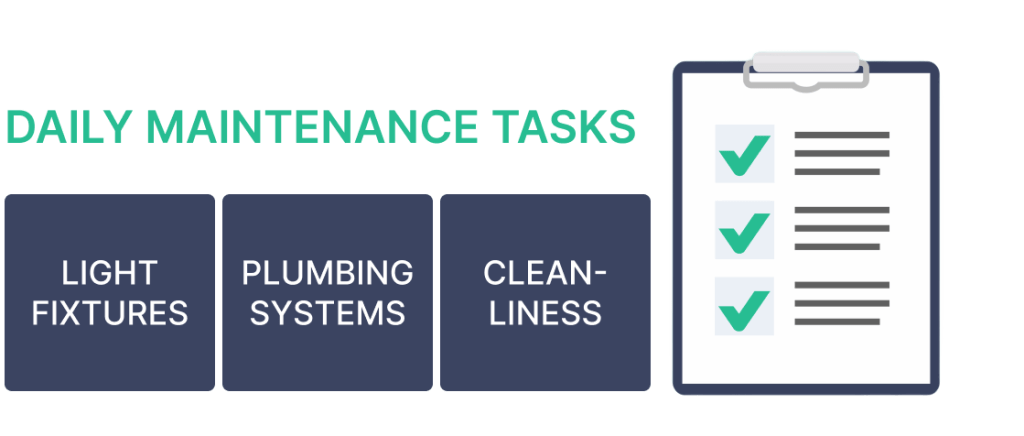
Source: WorkTrek
Weekly and Monthly Room Inspections
Carrying out room inspections weekly and monthly is essential for detecting problems that daily maintenance routines might overlook. Weekly examinations should assess leaky faucets, dripping showers, and malfunctioning toilets. These assessments are key to averting water damage and confirming the proper operation of plumbing systems.
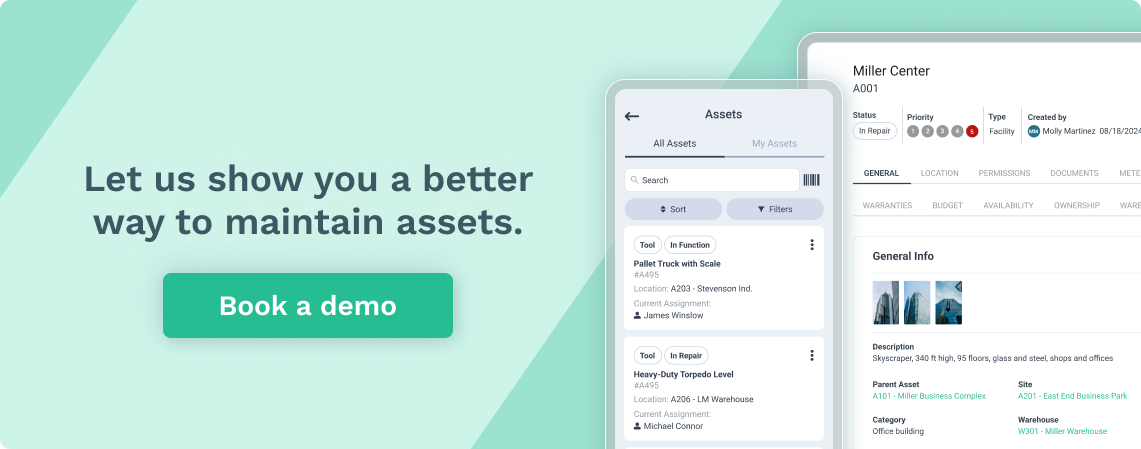
Electrical sockets, switches, and lighting fixtures should be evaluated during weekly routine checks. The integrity of electrical systems is fundamental for the efficient function of hotel rooms.
Consistent oversight can prevent potential dangers while helping to ensure guest safety. Looking out for indications of pest invasion is important in sustaining an environment that’s both sanitary and welcoming for guests.
On a monthly schedule, more comprehensive evaluations should be executed, including:
- Assessing HVAC systems’ effectiveness regarding temperature regulation and air purity.
- Conducting thorough reviews of furniture, installations within the room, and appliances and checking them over time ensures they remain free from excessive wear.
- Persistent scrutiny of door locks alongside latches or hinges is part of maintaining security measures, which play into overall guest protection strategies.
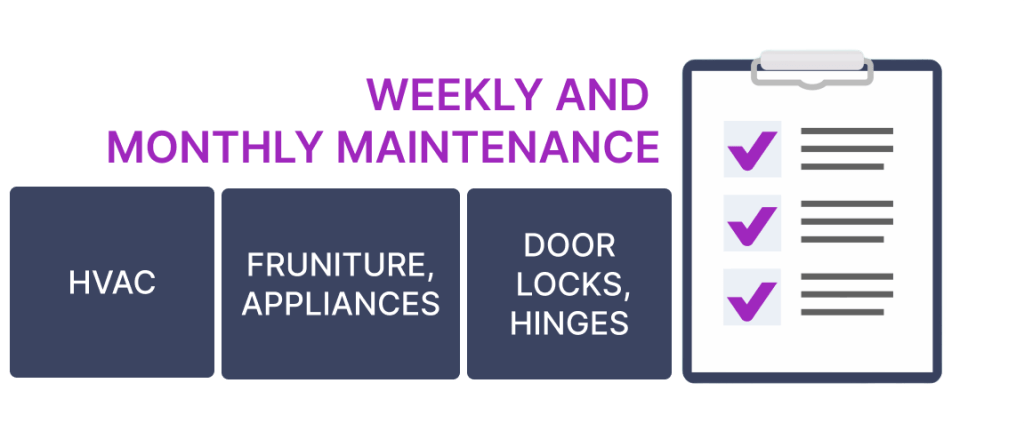
Source: WorkTrek
Seasonal and Annual Room Maintenance
Diligently carrying out seasonal and annual maintenance tasks is essential to maintaining the integrity of hotel rooms over time. Off-peak seasons are ideal for scheduling these tasks, not to impede revenue streams.
Frequent routine checks and upgrades of HVAC systems are necessary, as they play a pivotal role in preventing guest complaints while maintaining efficient operation.
Regular Plumbing Inspection
Plumbing systems must undergo regular examinations for any signs of deterioration, such as rust or cracks, and must allow detection and rectification of blockages. Equally critical is ensuring water pressure levels and temperatures meet the standards required for guest comfort.
Seasonal check-ups should also prioritize electrical system efficiency to ensure safety by preventing power outages.
HVAC
Completing major undertakings like overhauling the entire HVAC setup or an exhaustive evaluation of all electrical connections constitutes part of the yearly agenda, although performed less often. These substantial projects are paramount for preserving excellent conditions within the hotel property, which translates directly into achieving satisfaction among guests.
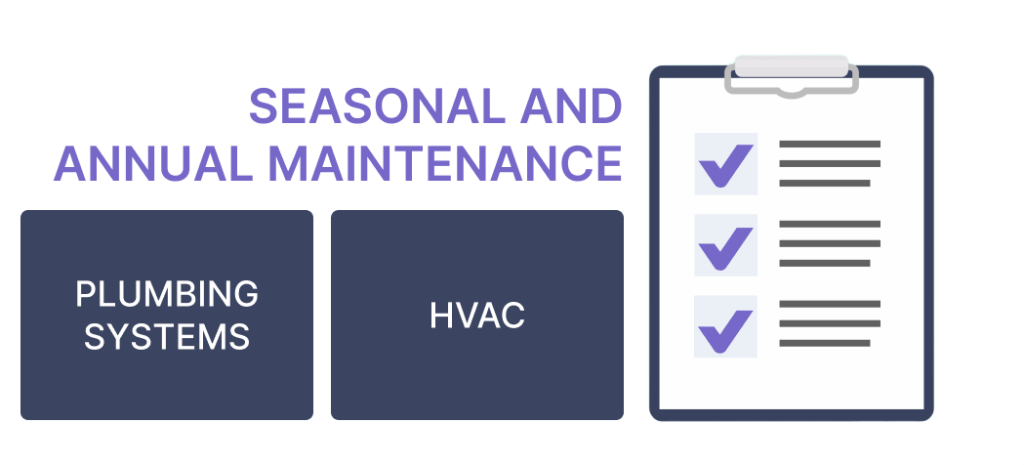
Source: WorkTrek
Essential Tools and Equipment for Room Maintenance
Efficient and effective hotel room maintenance requires the appropriate tools and equipment. Necessary items include flashlights and batteries, which are crucial to minimizing downtime during power outages. Extension cords play a pivotal role in executing various electrical maintenance tasks.
Utilizing energy-efficient light bulbs like LEDs is essential for maintaining hotel rooms due to their lower energy usage and extended service life. Regular upkeep of machinery entails inspecting several parameters, including oil levels, air filters, and more.
Necessary Tools
In addition, having a set of spare parts like fuses, belts, and filters can be invaluable for swiftly addressing unexpected breakdowns. Maintenance teams should also be equipped with diagnostic tools such as multimeters and thermal imaging cameras to identify and troubleshoot issues accurately. A well-stocked toolkit with wrenches, screwdrivers, pliers, and hammers is essential for handling various maintenance tasks.
Safety Gear
Safety gear, including gloves, safety glasses, and ear protection, is crucial to protecting maintenance personnel while they perform their duties. Regularly inspecting and maintaining all tools and equipment will help prevent accidents and extend their lifespan.
Proper training on these tools and equipment is equally important to ensure maintenance tasks are carried out efficiently and safely. Having the right tools on hand ensures that all maintenance tasks are executed efficiently and effectively.
Implementing Preventive Maintenance in Guest Rooms
Proactive preventive maintenance ensures guest comfort and safety by preventing asset breakdowns. This approach helps extend the lifespan of hotel assets and reduces the urgency and cost of acquiring spare parts. Routine maintenance tasks in guest rooms can enhance guest satisfaction by addressing wear and tear before they become noticeable.
Using a Computerized Maintenance Management System (CMMS) can significantly enhance the organization and responsiveness of maintenance management. CMMS software helps create preventive maintenance schedules, track maintenance work, and monitor metrics. This system provides peace of mind that no asset upkeep will be overlooked.
An organized preventive maintenance program can prevent guest complaints and reduce operational costs. Educating hotel maintenance teams on the importance of preventive maintenance and encouraging them to report issues immediately ensures faster resolution and keeps guests happy.
Leveraging Technology for Room Maintenance
Employing CMMS, sometimes called a Work Order Management system, can enhance efficiency and effectiveness within hotel maintenance by optimizing maintenance operations.
These systems facilitate the automation of work order distribution and preventive maintenance protocols, promptly alerting maintenance staff when attention is needed and maintaining updates throughout task progression. It enables proactive scheduling management, allowing for meticulous planning of future tasks and seamless organization of repetitive service requests.
Within a CMMS’s centralized asset administration database, hotels benefit from capabilities that:
- Allow for comprehensive tracking and surveillance over assets’ states, positions, and historical upkeep records
- Promote optimal allocation and preservation of resources
- Offer instantaneous communication tools to expedite task execution with greater proficiency among repair experts.
Incorporating CMMS into their upkeep strategies enables hotels to refine their procedures while promoting responsibility amongst personnel, which significantly enhances guest experiences. The analytical data furnished by the software assists in making astute choices related to resource distribution and strategic foresight in ongoing property care plans.
Training and Managing Hotel Maintenance Staff
Securing proficient hotel maintenance personnel is crucial to upholding superior room conditions and ensuring the safety of guests. When recruiting for hotel maintenance roles, it’s vital to consider candidates with:
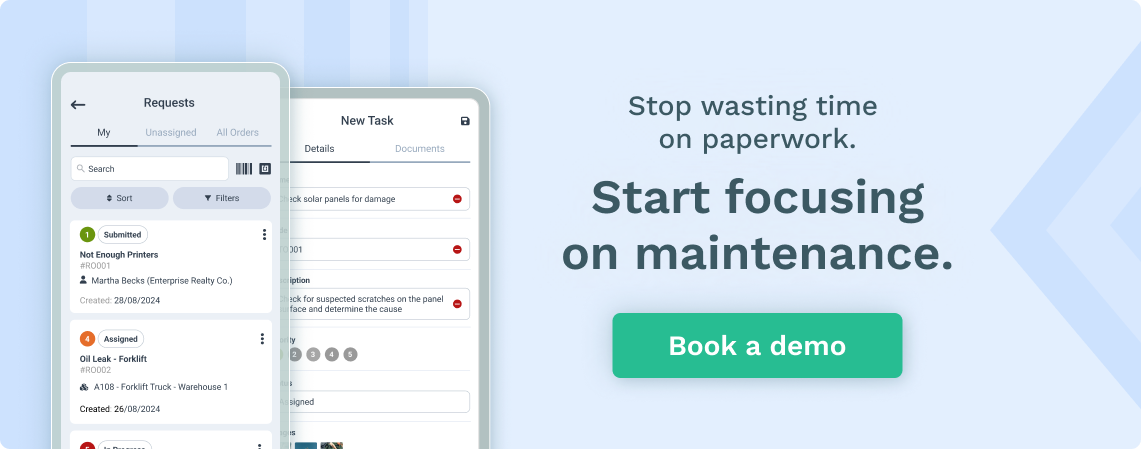
- A diverse range of skills across various domains
- The capacity to tackle unexpected problems effectively
- Possession of a high school diploma or demonstrable experience in critical infrastructure upkeep such as HVAC, plumbing, lighting, and electrical systems
Commitment to continuous employee training and providing advancement opportunities demonstrates appreciation for staff members while enhancing the standards of hotel maintenance operations.
Common Maintenance Issues in Hotel Rooms
Addressing common maintenance issues in hotel rooms is crucial for ensuring guest satisfaction and safety. Most hotel guest complaints stem from room issues like malfunctioning HVAC systems. Regular maintenance of HVAC systems, including routine inspection and timely replacement of air filters, can prevent such complaints.
Plumbing maintenance is also critical. Ensuring that plumbing lines are not rusty, cracked, or blocked helps prevent issues like:
- Water damage to ceilings and floors
- Leaks and flooding
- Low water pressure
- Sewage backups
Faulty plumbing systems can lead to significant problems if not addressed promptly.
Additionally, electrical system faults, which may involve electrical and mechanical components, can be hazardous and should be regularly inspected to avoid accidents like electrocution.
Prioritizing Guest Safety in Room Maintenance
Prioritizing guest safety in room maintenance involves regularly testing fire safety equipment, smoke detectors, and fire alarm systems. Fire departments respond to over 3,500 structure fires in hotels or motels annually, highlighting the need for stringent fire safety measures. Fire alarms should be installed in every hotel room to ensure guests are alerted in case of a fire emergency.
Monthly testing of safety equipment is crucial. Here are some key items to check and add to your facility maintenance list:
- Smoke detectors: Test them to ensure they are functioning correctly.
- Fire extinguishers: Check them monthly and have them professionally inspected annually to comply with safety standards.
- Emergency lighting: Ensure light-up exit signs work correctly to help guests find exits in a dark or smoky environment.
- Fire alarm systems: Regularly test and inspect them to ensure they are fully operational and compliant with safety standards.
- Fire suppression systems: Regularly inspect and test fire suppression systems to ensure they are fully operational and compliant with safety standards, and schedule professional maintenance checks annually.
Local Regulations
Complying with local regulations and safety standards is crucial to ensure no aspect is overlooked. Adhering to these regulations protects the hotel from potential legal issues and provides a safe environment for guests and staff.
This involves regular training for maintenance personnel on the latest safety protocols and standards. Additionally, keeping detailed records of all maintenance activities, inspections, and repairs is essential for accountability and future reference.
These records can be invaluable during regulatory audits and inspections, helping to demonstrate the hotel’s commitment to maintaining high safety standards.
Implementing a CMMS system such as WorkTrek can make all of this information accessible via a web or mobile interface and keep all your data easily accessible.
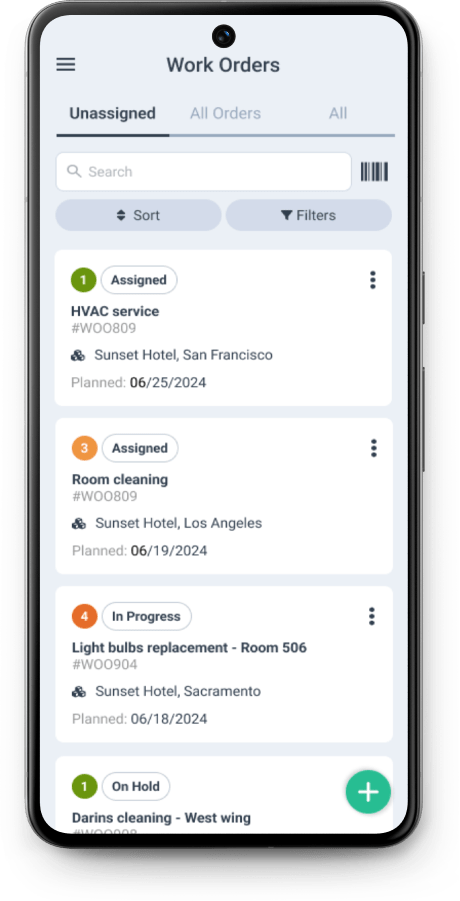
Source: WorkTrek
Summary
In short, maintaining high standards in hotel rooms requires a comprehensive and proactive approach to maintenance. From daily tasks like inspecting lighting and plumbing to leveraging advanced technology like CMMS, each step is crucial in ensuring guest satisfaction and safety.
Regular inspections, seasonal maintenance, and having the right tools and skilled staff are all part of a successful maintenance strategy that can help improve the hotel’s reputation.
Ultimately, preventive maintenance and a defined and easy-to-follow maintenance schedule reduce costs and enhance the overall guest experience. By prioritizing guest safety and maintaining optimal conditions, hotels can build a strong reputation and ensure that guests return repeatedly.




